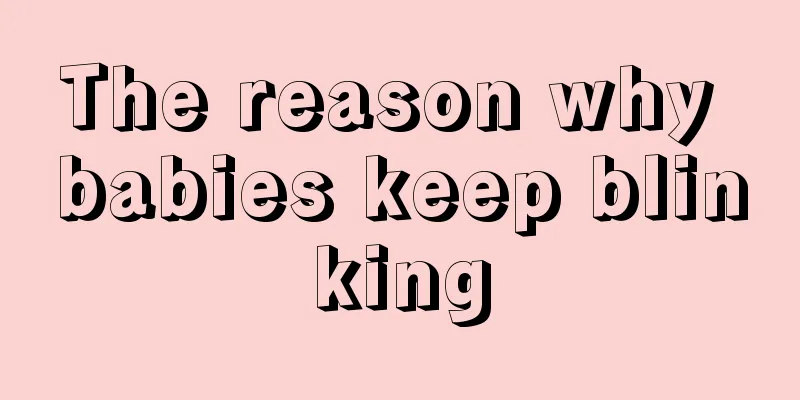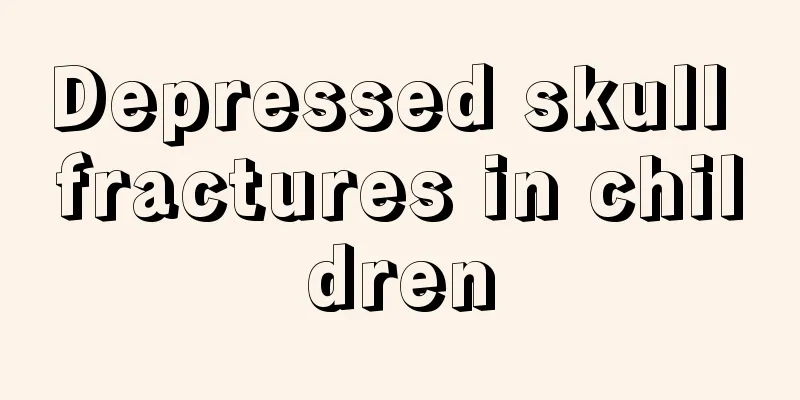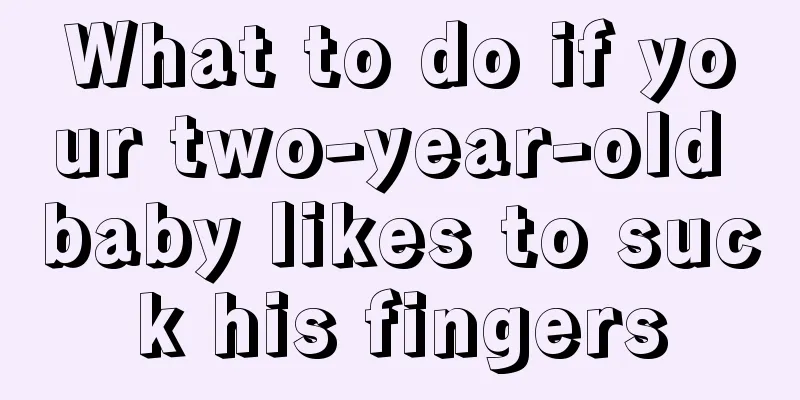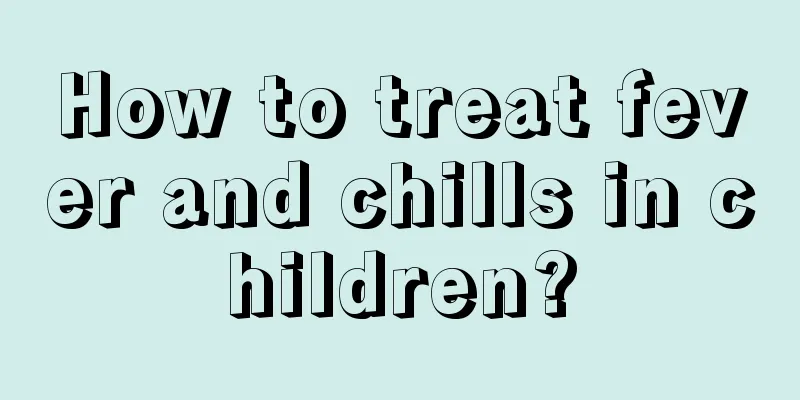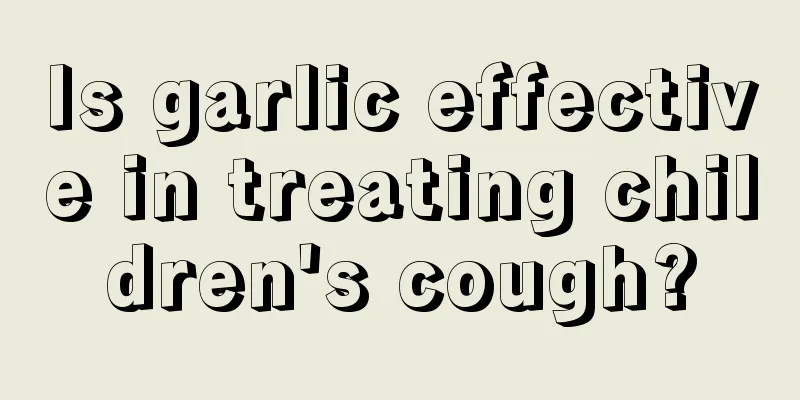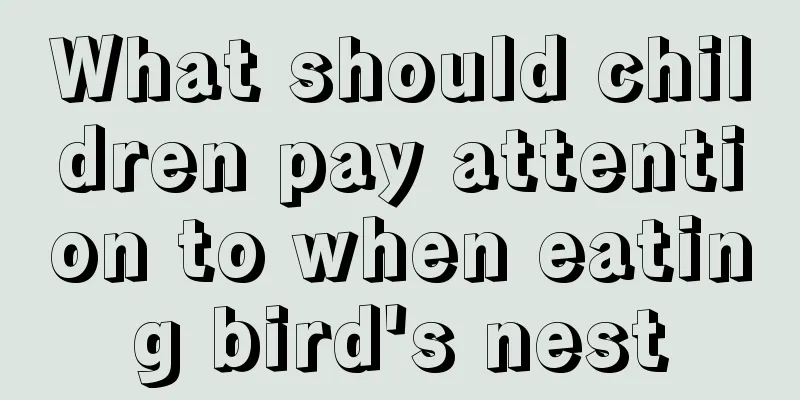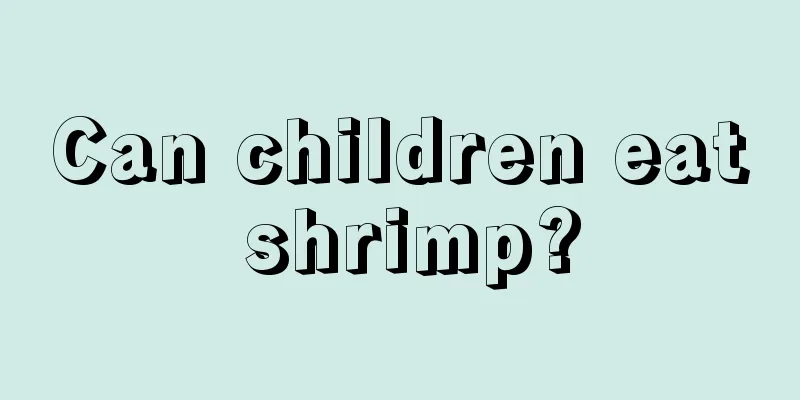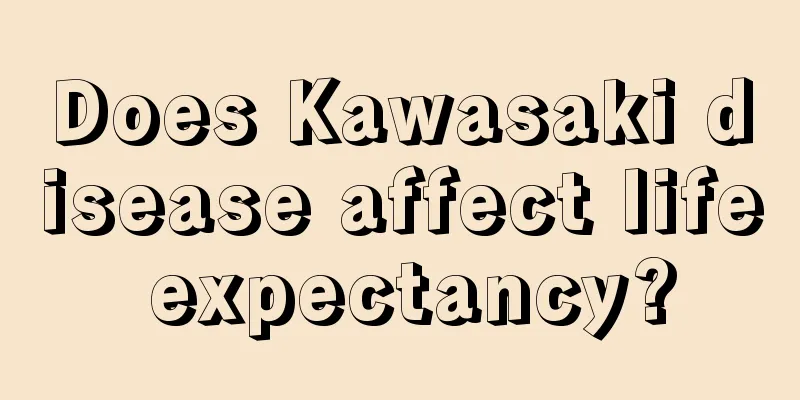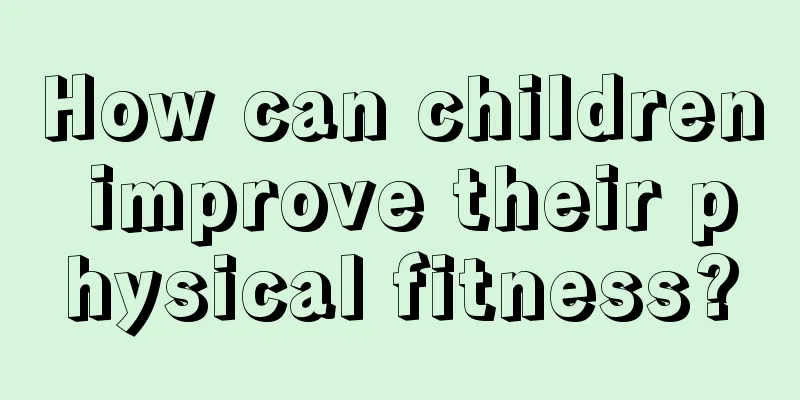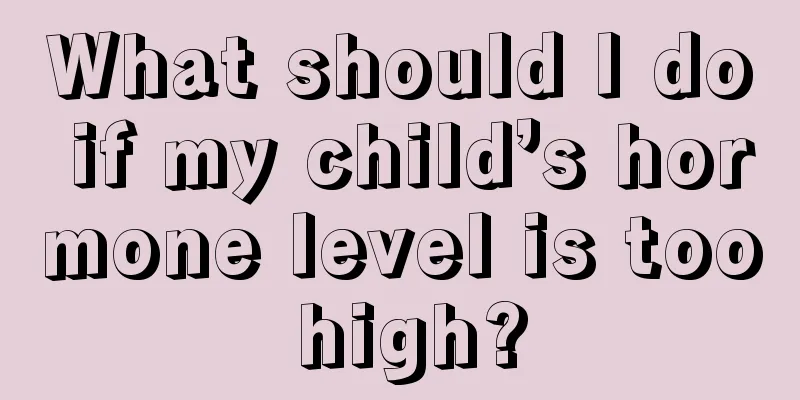What are the symptoms of bronchial asthma in children?
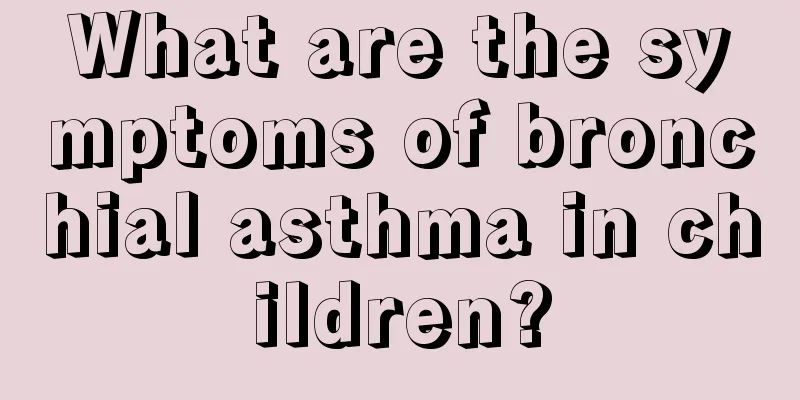
|
Because children's immune mechanisms are not fully developed, if they do not take medication in time to control diseases such as coughs, or if they are stimulated by other factors, they are prone to asthma. Parents often lack experience, which increases the possibility of asthma, so it is very necessary to strengthen awareness. So what kind of clinical reactions are generally accompanied by childhood asthma? The main symptom of asthma in children is difficulty in exhaling, accompanied by symptoms such as coughing and sputum production. When examining the lungs, a whistle-like sound called "wheezing" can be heard. First of all, there are often allergic symptoms a few minutes before an asthma attack, such as itchy nose, itchy eyes, sneezing, runny nose, tears and dry cough. These symptoms are called aura symptoms. Afterwards, chest tightness appears immediately, and the chest feels as if it is being pressed by a heavy stone. After about 10 minutes, difficulty in exhaling occurs. At this time, the "asthma sound" can be heard even without the doctor's stethoscope. The patient is forced to sit upright, with his head stretched forward, his shoulders hunched, and his hands supporting his body, gasping for breath. Such attacks can last from tens of minutes to half an hour and resolve on their own or with treatment. In addition, asthma is also chronic, that is, it can occur in all seasons. Regardless of whether it occurs or not, there is often chest tightness and shortness of breath, wheezing and asthma-like breathing at normal times, accompanied by thick sputum and a low fever. Sometimes an asthma attack begins without any warning symptoms. Some asthma attacks last for several days, and the patient often suffocates due to extreme difficulty breathing, and often dies from heart failure and physical exhaustion. Some asthma symptoms are atypical, manifested by long-term recurrent dry cough, itchy throat, and chest tightness, which are generally not responding to anti-inflammatory and antitussive treatments. It can cause spontaneous pneumothorax, lung infection, respiratory failure, chronic bronchitis, emphysema, cor pulmonale, etc. Here the editor has described all the adverse reactions that asthma may cause. Young parents in particular must read them carefully so that when they find their children have similar symptoms, they can do corresponding examinations and treatments in time to reduce the blindness of medication and save their children a lot of physical and mental pain. |
<<: What are the dangers of allergic asthma in children?
>>: What to do if your child has a fever and drools
Recommend
What should I do if my baby is severely constipated? Combining multiple methods to solve the problem!
As we all know, constipation is very uncomfortabl...
What is the best age to grow taller?
People's height starts to change from infancy...
Children's nasal congestion and cough treatment remedies
Parents are very concerned about the physical hea...
Causes and treatments of enlarged tonsils in children
Enlarged tonsils in children may be caused by bac...
Children's anti-inflammatory drug cephalexin
Anti-inflammatory drugs are antibiotics. Anti-inf...
Why does my baby vomit?
The health of the baby is always a concern for pa...
Newborn baby gasping and snoring
When a baby is born, it will bring a lot of joy t...
Attention issues for two-month-old children
A two-month-old baby's physical condition is ...
What should I do if my two-year-old child has a fever in the middle of the night?
The cold winter makes many babies with low immuni...
What is the reason for the 2-year-old baby's yellow hair?
In daily life, we often find that many children h...
56-day-old baby development standard
Generally speaking, babies grow rapidly every day...
What are the treatments for hyperthyroidism in babies?
Common diseases that babies suffer from are usual...
What should I do if my baby has anorexia in summer? Five ways to solve anorexia
In summer, young children will suffer from anorex...
One-year-old baby suddenly cried at night
One-year-old babies are still ignorant and cannot...
How should amblyopia in children be treated?
Nowadays, more and more children are becoming dis...
